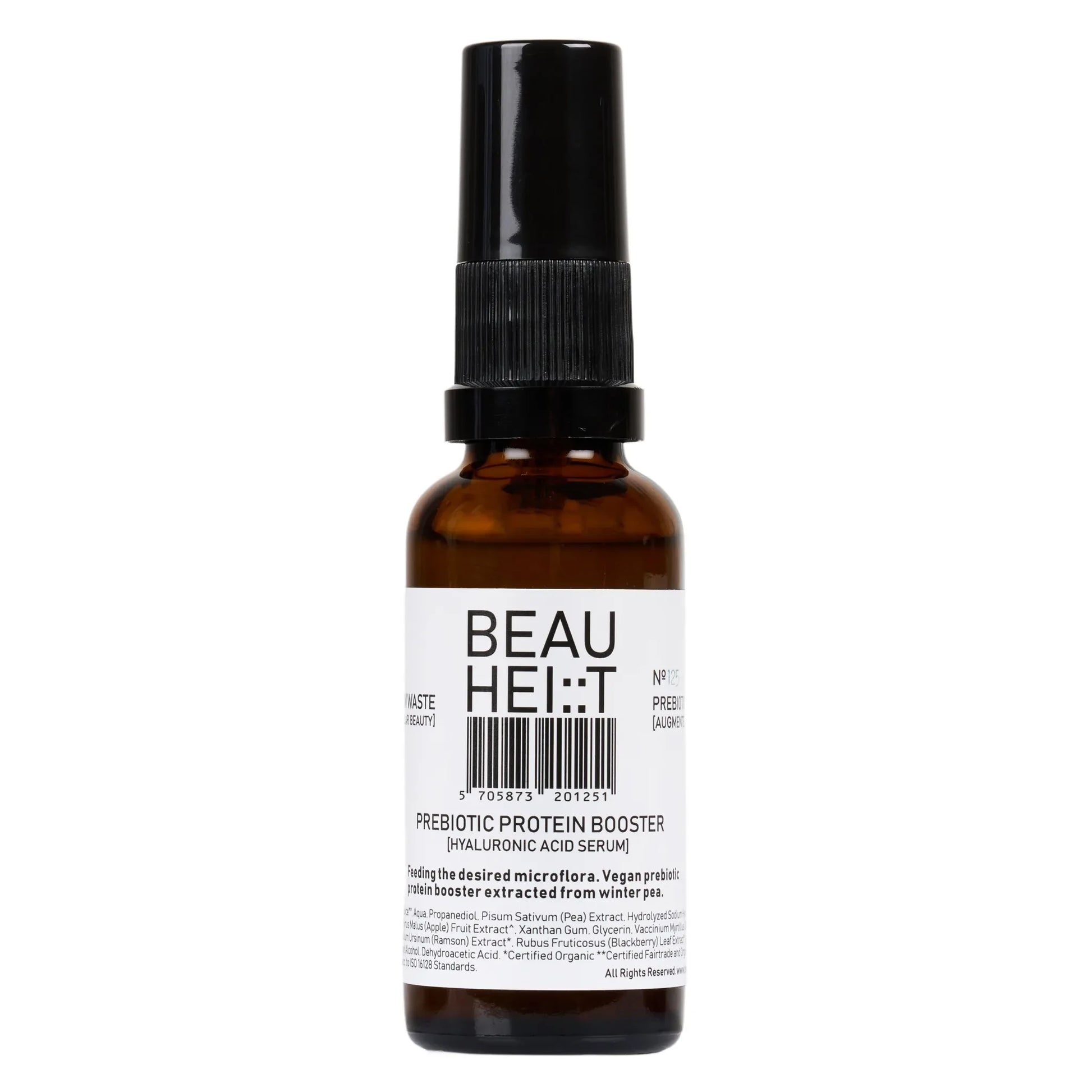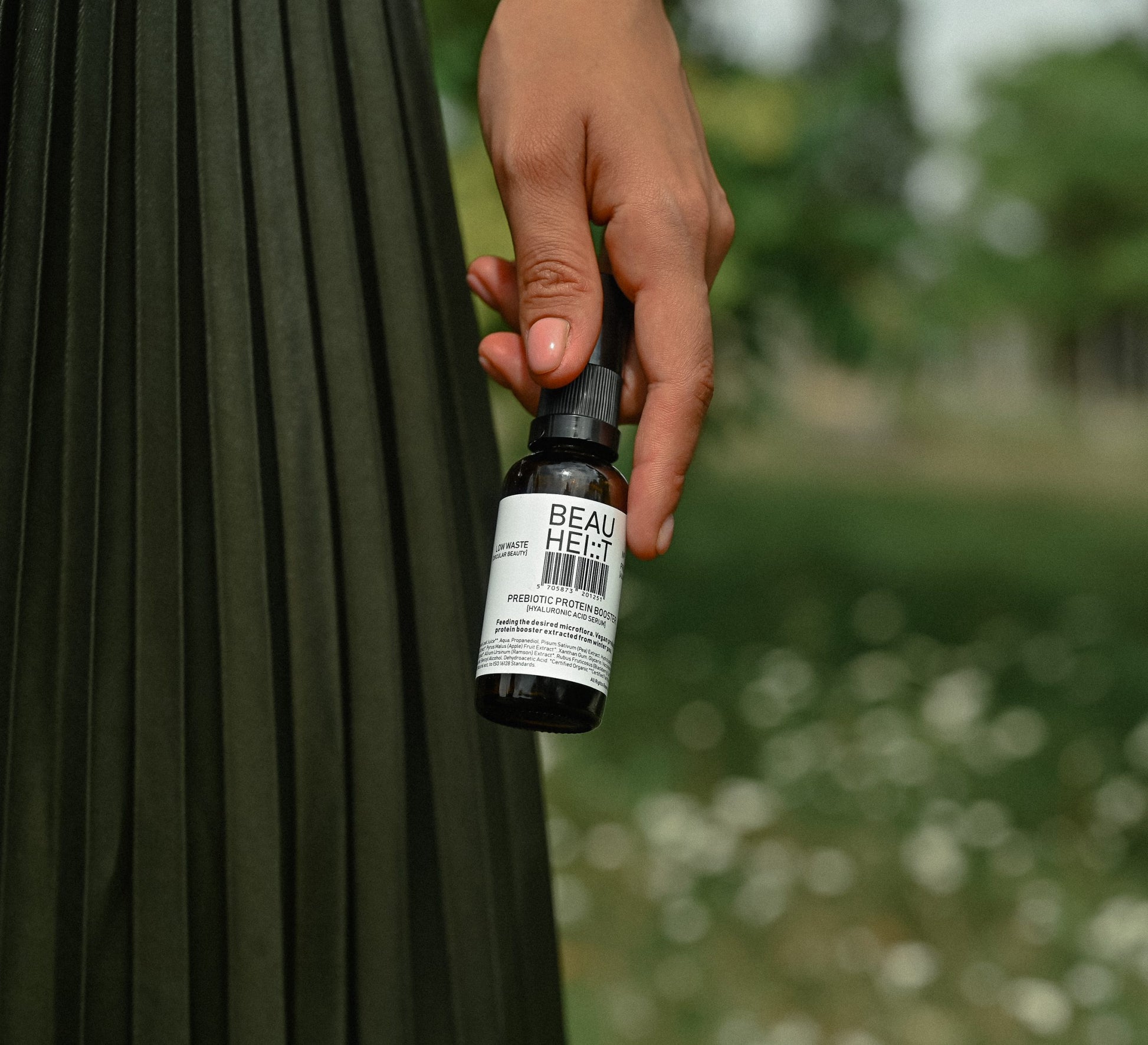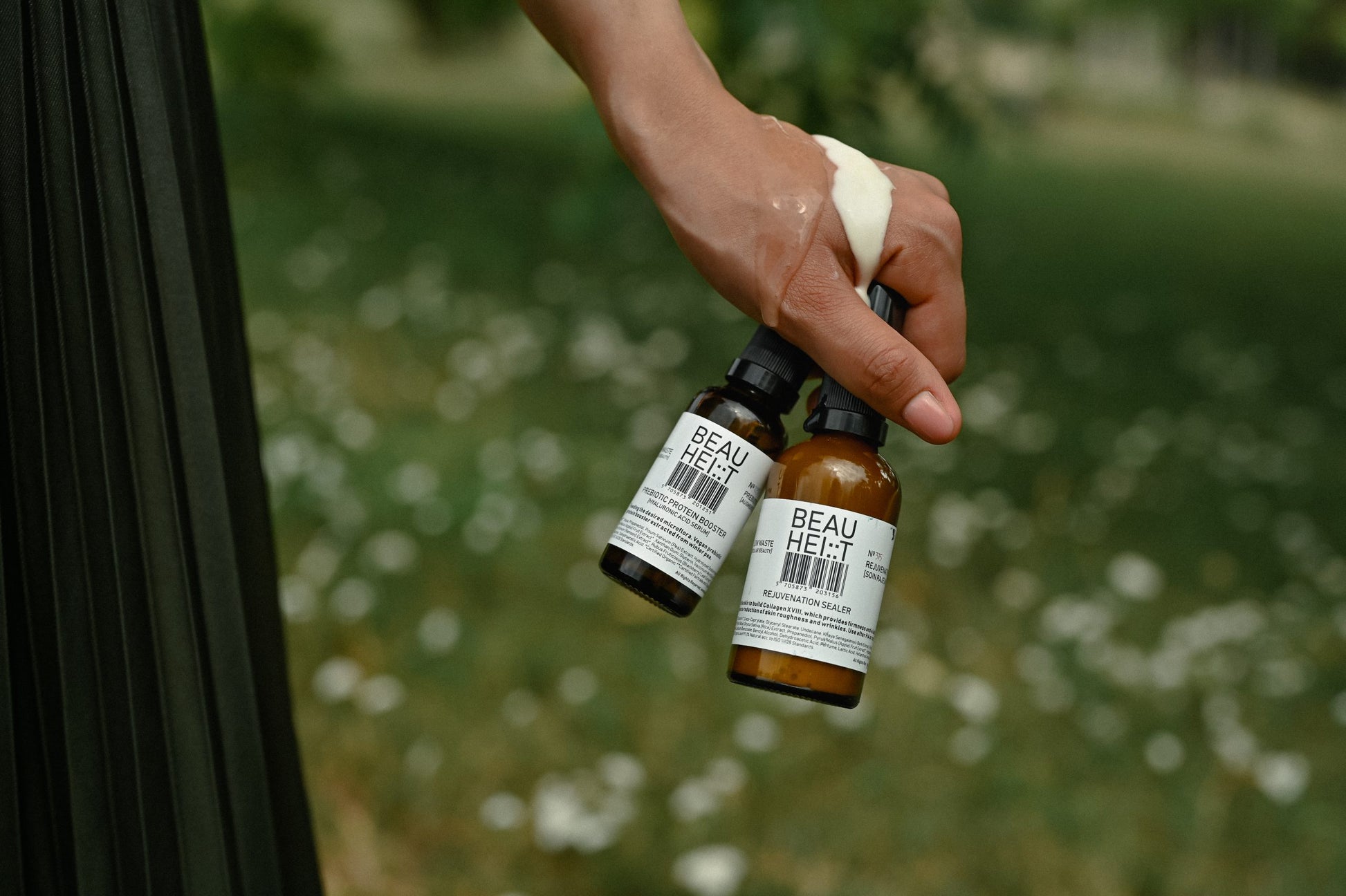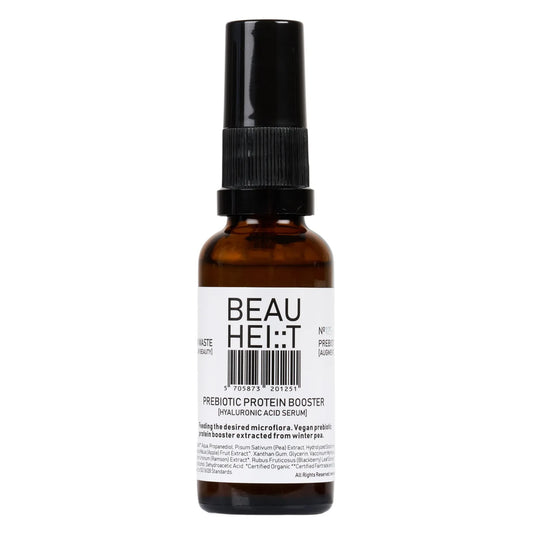The skin is the largest human organ. From birth, its surface is colonized by the microbiota: a flora composed of bacteria, yeasts, fungi, and viruses. This invisible yet abundant microbiota can reach up to one million microorganisms per cm². Microbiota composition continues to evolve throughout life depending on the skin conditions (water, pH, lipids, proteins) or on the skin environment (temperature, sun exposure). Cutaneous microbiota is defined as the set of microorganisms (bacteria, fungi, viruses) living in harmony with skin cells. From a bacterial point of view, the microbiota consists of two types of bacteria: commensal bacteria and opportunistic pathogens. The microbiota colonizes the skin both on the surface of the epidermis and in deeper areas of the skin like in the epidermis and in the dermis.
Commensal bacteria correspond to the resident flora that lives in harmony with skin cells without harming them (about 300 bacterial species). These bacteria have a beneficial role since they provide effective protection against the colonization of the skin by opportunistic pathogens. Examples of commensal bacteria are Staphylococcus epidermidis, Staphylococcus hominis, Streptococcus salivarius and Lactobacillus gasseri. Whereas examples of opportunistic pathogens are Staphylococcus aureus and Pseudomonas aeruginosa. Staphylococcus aureus. Staphylococcus aureus can accentuate inflammation and cause diffuse redness on acne prone skin [src]. The commensal bacteria S. epidermidis and S. hominis are especially important for skin health because they are able to produce anti-microbial peptides against Staphylococcus aureus hence protecting the skin from opportunistic pathogens [src].
Commensal bacteria live in community and in harmony with skin cells. This ecosystem is a fragile balance. Skin cells bring nutrients and are the foundation on which commensal bacteria can multiply. In exchange, a healthy commensal flora actively prevents from the colonization of the skin by opportunistic pathogens. By releasing anti-microbial peptides (direct defense) and stimulating the natural defenses of skin host cells (indirect defense), commensal flora forms a double line of defense against opportunistic pathogens.
The composition of the microbiota is unique to everyone. Like DNA, the composition of skin microbiota is a real individual signature. It is also important to note that this signature differs around the body. Maintaining a balanced composition of the microbiota is essential to the preservation of skin health and beauty.
If the commensal bacterial ecosystem weakens the opportunistic pathogens could colonize the skin which may lead to inflammation and skin disorders. To help prevent this an effective skin barrier function is important but also protecting the microbiota from aggressive environmental factors like pollution, UV exposure, anxiety, and bad nutrition. Equally important for an active defense against pathogens is preventing the colonization by opportunistic pathogens hence activating the skin’s defenses against pathogens by activating the production of anti-microbial peptides by commensal bacteria and by stimulating skin’s natural defenses. The commensal bacteria S. epidermidis and S. hominis are capable of producing anti-microbial peptides against Staphylococcus aureus hence protect the skin from opportunistic pathogens that might lead to dysfunctional skin.
In vitro test with Pea protein-peptide the main ingredient in BEAUHEIT PREBIOTIC PROTEIN BOOSTER showed a significant increase of 8% with Staphylococcus epidermidis and 21% with Staphylococcus hominis helping to create a healthier microbiota environment.
The two commensals Streptococcus salivarius and Lactobacillus gasseri are both lactic acid-producing bacteria and can therefore be considered as potential beneficial for skin. Lactic acid bacteria are used in cosmetics to protect skin through skin acidification and to decrease effect of ageing namely photoaging [src]. Lactic acid is generally used in cosmetics to accelerate skin exfoliation and epidermis renewal. In vitro has shown ability to stimulate collagen I synthesis [src] and it is also known to contribute to skin lipid synthesis[src].
In vitro test with the main ingredient in PREBIOTIC PROTEIN BOOSTER, Pea protein-peptide, showed a significant increase of 148% with Streptococcus salivarius and 177% with Lactobacillus gasseri.
Prebiotic Protein Booster supports your skin’s microbiome, promoting the growth of beneficial bacteria for better hydration, fewer acne breakouts, and improved conditions like eczema and psoriasis. It helps maintain a healthy, balanced skin environment for smoother, healthier-looking skin.
Tired and dull skin? This serum helps at a microscopic level.
Your skin’s microbiome is a community of microflora, or tiny bacteria, that have an immense impact on the state of your skin. With BEAUHEIT PREBIOTIC PROTEIN BOOSTER you can improve the growth of beneficial bacteria and maintain healthy, balanced, and beautiful skin.
The nature of your microbiome affects things like your skin’s hydration and acne breakouts, or more persistent conditions like eczema and psoriasis. The aim is to promote the growth of beneficial bacteria to improve skin condition, inhibit bad bacteria and maintain a healthy, balanced environment that keeps your skin looking beautiful. If the microflora on your skin is out of balance it can lead to uneven, dry, and dull skin. A healthy and balanced skin microflora will contribute to the healthy and beautiful appearance of your skin.
Everything you do influence the bacteria on your skin. Every time you shower or apply a cream it changes your microflora. If you look at the overall body, your forehead has a slightly different population than your cheeks, and your face generally is quite different than under your arms or on your legs. If you have dry skin, it might be caused by an imbalance in the microbiome if that is the case BEAUHEIT PREBIOTIC PROTEIN BOOSTER is an excellent choice for you.
Cranberries boast anti-inflammatory qualities that soothe irritated skin and reduce redness, swelling, and discomfort. Rich in antioxidants, these little berries also help shield the skin from harmful free radicals that can impede the natural healing process. By minimizing inflammation, cranberries help foster an optimal environment for your skin.
When incorporated into BEAUHEIT PREBIOTIC PROTEIN BOOSTER, cranberries contribute their antioxidants, antimicrobial agents, and anti-inflammatory compounds to enhance the overall health and appearance of the skin.







